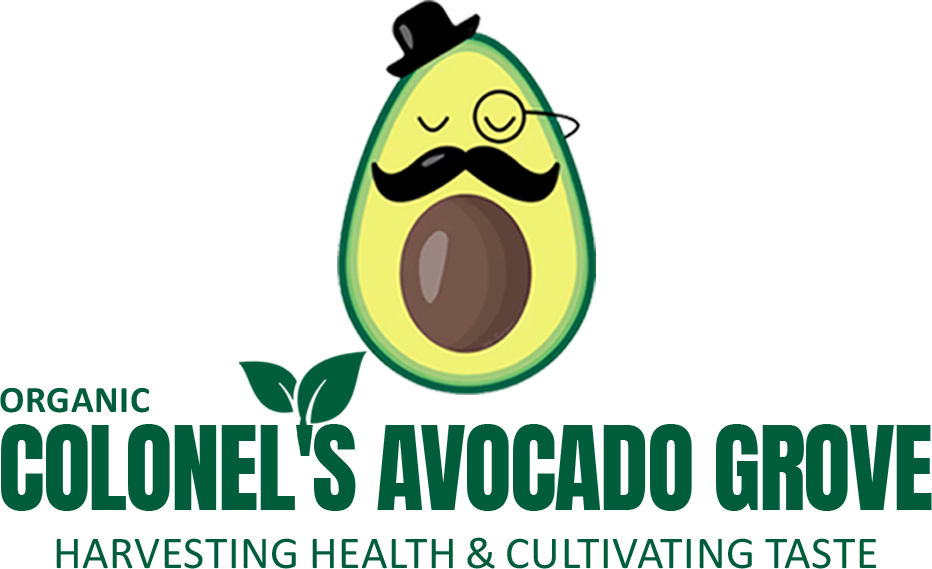1. **Nutrient Richness:** Avocados are a nutritional powerhouse, boasting an impressive array of vitamins, minerals, and beneficial plant compounds. They are particularly rich in vitamins C, E, K, and B-6, as well as folate and potassium. These nutrients play crucial roles in various bodily functions, from immune support to heart health.
2. **Healthy Fats:** Avocado’s high content of monounsaturated fats sets it apart from other fruits. These heart-healthy fats help lower bad cholesterol levels while increasing good cholesterol, reducing the risk of heart disease.
3. **Heart Health:** The combination of monounsaturated fats, potassium, and fiber contributes to cardiovascular health. Potassium helps regulate blood pressure, while fiber supports healthy cholesterol levels.
4. **Weight Management:** Avocados are relatively calorie-dense, but their rich fiber and healthy fats content can help control appetite and reduce overeating. Including avocados in meals may aid in weight management.
5. **Eye Health:** Avocados contain lutein and zeaxanthin, antioxidants that accumulate in the eyes and help protect against age-related macular degeneration and cataracts.
6. **Bone Health:** Vitamin K, present in avocados, is essential for bone health as it enhances calcium absorption and contributes to bone mineralization.
7. **Digestive Support:** The dietary fiber found in avocados supports healthy digestion and promotes regular bowel movements. It also aids in maintaining a healthy gut microbiome.
8. **Anti-Inflammatory Effects:** Avocados contain various antioxidants, including tocopherols and carotenoids, which have anti-inflammatory properties. Chronic inflammation is linked to many diseases, and a diet rich in anti-inflammatory foods can help mitigate this risk.
9. **Skin Nourishment:** The monounsaturated fats in avocados help keep the skin moisturized and healthy. Additionally, the antioxidants and vitamins contribute to maintaining a youthful appearance and combating skin aging.
10. **Blood Sugar Regulation:** Avocados have a low glycemic index and are rich in fiber, which can help stabilize blood sugar levels. This is beneficial for individuals with or at risk of diabetes.
11. **Brain Health:** Avocados contain vitamin E, which is associated with cognitive function and a reduced risk of cognitive decline as we age.
12. **Nutrient Absorption:** Some nutrients are fat-soluble, meaning they need to be consumed with dietary fat to be effectively absorbed. Adding avocado to meals can enhance the absorption of fat-soluble vitamins like A, D, E, and K.
13. **Versatile Culinary Uses:** Avocado’s creamy texture and mild flavor make it a versatile ingredient in various dishes. It can be used in salads, spreads, smoothies, and even desserts.
14. **Satiety and Fullness:** The combination of healthy fats, fiber, and water content in avocados can help increase feelings of fullness and satisfaction after meals.
Incorporating avocados into your diet can be an excellent way to enhance your overall health and well-being. However, moderation is key, as avocados are calorie-dense. Adding them to a balanced diet rich in a variety of nutrients from different sources will maximize their benefits and contribute to a healthier lifestyle.








